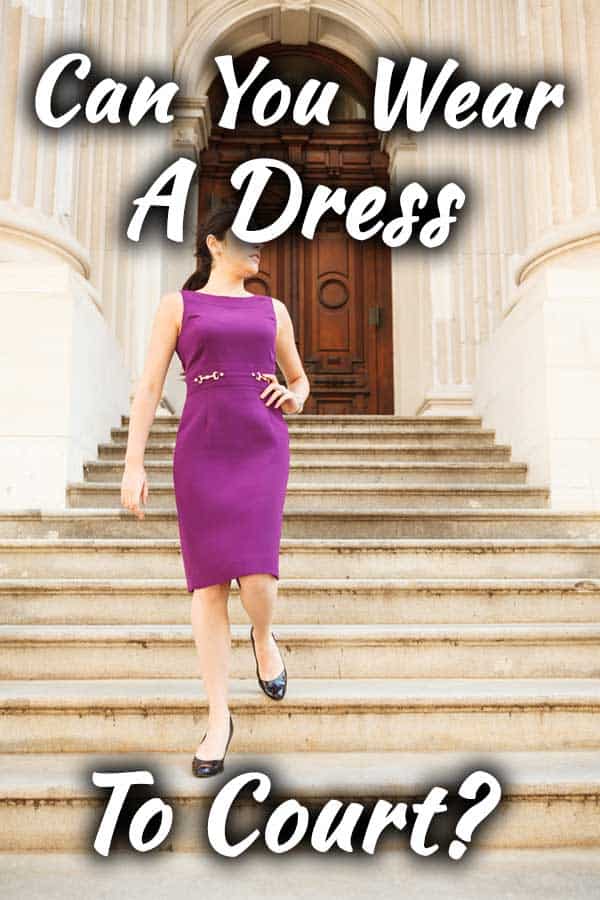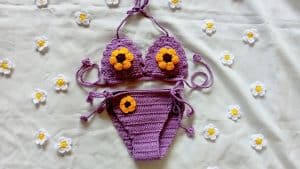
This article may include affiliate links and elements that were carefully created by our team using advanced ai to help you envision the best style advice.
You should wear professional, traditional clothes to court, and many dresses follow this requirement perfectly. A court-appropriate dress is knee-length or longer, not too tight, and doesn't have high slits or a plunging neckline. Your goal is to look professional, responsible, and respectable.
Of course, there are so many clothing styles available that it can be hard to figure out what is most appropriate. But don't worry - we've answered several of the most commonly asked questions and even provided examples of ideal courtroom apparel. By the end of this post, you'll feel prepared to select your court hearing attire with confidence.
Make a Great First Impression
To find answers to your question, we examined the courtroom clothing advisories from a variety of reliable websites, including National Family Solutions and several law offices. In general, all of the advice points to the same concept - you want to make a good first impression.
For better or worse, most people make a quick judgment of others based on their physical appearance, and you don't want your clothing to jeopardize your chances of a good outcome in your case. Let's look at the ways you can make a great first impression.
How Should a Woman Dress For a Court Hearing?
A woman should wear conservative, professional clothes to a court hearing, regardless of the seriousness of the offense. If you'd pick it for a night out on the town, it's not a good choice for the courtroom. Think about choosing clothes that you'd wear to an office job interview or meeting. Appropriate clothes include:
- A professional-looking dress (no shorter than 2" above the knee) - click here for an example
we found on Amazon.
- Long dress pants and a blouse or sweater - see examples on Amazon here.
- A skirt (no shorter than 2" above the knee) and a blouse or sweater - see an example here on Amazon.
Clothes to Avoid
You should avoid:
- Low necklines
- Anything form-fitting
- Sleeveless dresses or shirts
- Jeans
- T-shirts and sweatshirts
- Sparkly or glittery clothing
- Shorts
- Ripped, stained, or old clothes
Make sure your clothes are comfortable, fit well, and keep you appropriately covered. You can check your outfit's coverage by raising your arms to make sure your top covers your midriff, leaning forward to see if you're exposing too much cleavage, and bending over in front of a mirror to check the length of your skirt in the back.
Ultimately, you don't want your clothes to be distracting or be the reason your case is judged more harshly. The unfortunate truth is that women tend to be treated less seriously when they show a lot of skin or wear form-fitting clothes. In such a sensitive situation as a court case, it's best to dress conservatively and avoid potential problems.
What Color Should a Woman Wear to Court?
What Should Female Lawyers Wear?
Most law firms have their own dress codes, but the same general rules apply to female lawyers as their female clients. Clothes for the courtroom should be conservative, well-fitting but never form-fitting, and avoid low necklines and high slits. Since the law is a very conservative field, it's important for female lawyers to dress in a way that conveys their intelligence and professionalism. This includes:
- Pant or skirt suits in dark neutral colors like black, gray, or navy blue
- Hosiery in nude or black
- Closed-toed dress shoes or low heels in dark colors
Dresses are less acceptable for female lawyers, as they lack the professional impact of a suit. However, dress suits - a dress with a matching blazer made from the exact same fabric - are perfectly fine. Just remember that whether as part of a dress or a skirt suit, skirts should never be shorter than 2" above the knee.
Can You Wear Leggings to Court?
Unless you've paired them with a dress or tunic that completely covers your bum, leggings aren't a good choice for the courtroom. Even though they've become more acceptable to wear outside the gym, leggings just aren't professional enough attire to make a good impression on a judge. Remember, you want to choose clothes that fit you well but aren't form-fitting to make a serious, professional first impression on the judge.
What Should Women Wear in Court As An Observer or Juror?
If you're in the courtroom as an observer or member of the jury, similar dress code rules apply as for a woman who is attending a court date. While keeping in mind the guidelines of professional attire, you could wear:
- A short- or long-sleeved dress
- A skirt and blouse or sweater
- Long pants (jeans are acceptable) and a blouse or sweater
You have a little more freedom to wear bright colors and patterns, but it's still best to choose professional clothing that you would be comfortable wearing to an office job.
Can a Woman Wear a Uniform to Court?
If you have limited professional clothing options and are making a court appearance as opposed to standing trial, it's perfectly acceptable to wear a work uniform that meets the general courtroom dress requirements. This could include:
- Scrubs
- A janitor, mechanic, or electrician uniform
- A button-up shirt with the company logo and dress pants or a dress skirt
Just make sure that your uniform is clean, well-fitting, and in good repair. If you are at all concerned about the effect that your uniform could give, feel free to explain and apologize to the judge.
Some uniforms that are not acceptable include:
- Police uniforms, as they have been banned from courtrooms unless worn by an officer who is on duty
- Uniforms that involve shorts, t-shirts, jeans, or skimpy attire
- Military uniforms, since you could potentially discredit or dishonor the armed forces if you were convicted. Wearing a uniform in civilian court is allowed in some cases, but you have to receive special permission to wear it even as a witness, juror, or medical professional.





![Woman washing a shirt with her hand, Remove Tire Marks From Clothes Like a Pro [How to Guide] - 1600x900](https://stylecheer.com/wp-content/uploads/2023/08/shutterstock_305739509-300x169.jpg)
